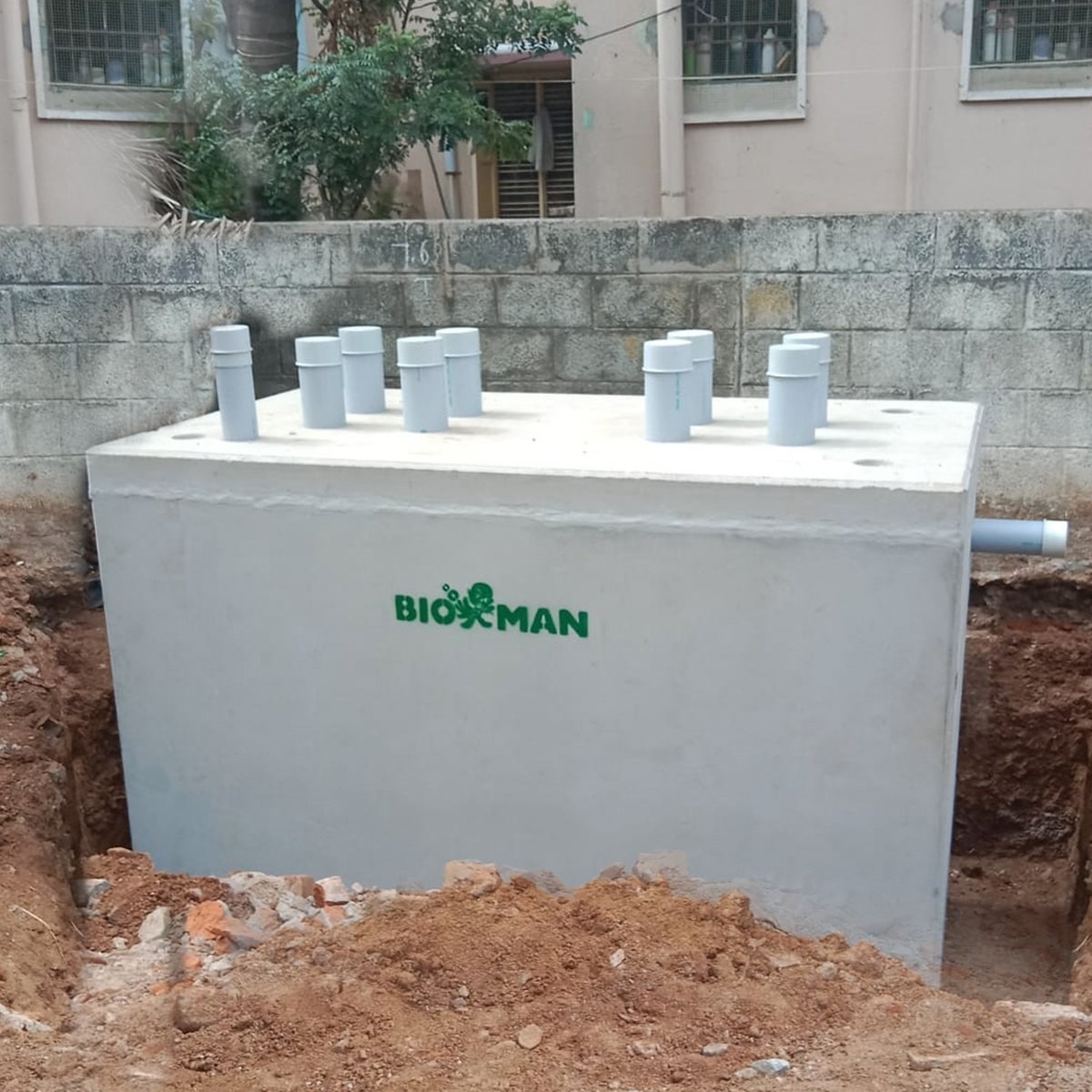In the modern age while urban populations expand, the struggle to treat wastewater also expands. Clogged drains, leaking waste, contaminated rivers, and raw sewage have become everyday problems in metropolitan cities. Not only do they damage the environment, but they also pose a threat to public health. The better news? There are practical solutions using today’s technology. One of the most impressive is the Package Sewage Treatment Plant (PSTP)—a highly efficient, space-saving system that is rapidly becoming the key to sustainable urban living.
Cleaner, greener cities don’t come about by accident. They are founded on intelligent infrastructure decisions, and Package Sewage Treatment Plants are emerging as one of the wisest investments for municipalities, developers, and communities.
What is a Package Sewage Treatment Plant?
A Package Sewage Treatment Plant is an installation-ready, pre-fabricated system that efficiently treats wastewater. In contrast to old conventional treatment plants used for septic tanks that occupy huge spaces and need months to build, PSTPs are compact, modular, and can be easily installed and maintained effectively.
These systems often consist of:
1. Screening units – to filter out big solids.
2. Aeration chambers – air is supplied into the unit to break down organic waste by natural anaerobic bacteria in the process.
3. Clarifiers and filters – to clear the sludge and give clear water.
4. Disinfection units – making the treated water safe to discharge or reuse.
In a nutshell, they give the complete functionality of a large sewage treatment plant—just in
a smaller, more compact package.
Why Cities Need Package Sewage Treatment Plants
1. Solving Space Constraints
In densely populated urban cities, land is scarce and costly. Conventional sewage plant takes up big spaces, and hence they cannot be used for residential buildings, offices, and hotels. A PSTP, however, is compact and modular in nature and can fit well into small spaces.
2. Quick Installation and Simple Process
First of all it saves time, particularly for construction and infrastructure development where time consumption for each work being the headache for owners. Because PSTPs arrive pre-fabricated, they can be put in and commissioned within weeks rather than months. They also mean that less specialized personnel are needed to operate them due to their friendly nature.
3. Environmental Protection
Untreated sewage is the largest water polluter of cities. Packaged Bio Sewage Treatment Plant ensures wastewater is well treated and not released or leaked to areas which affects soil, and should safeguard rivers, lakes, and groundwater contamination. Cleaner water bodies translate to healthier ecosystems and fewer disease risks for inhabitants.
4. Reuse of Treated Water
Freshwater is already short in demand compared to supply in most cities. Treated water from PSTPs can be utilized for reusage like lawn landscaping, toilet flushing, floor cleaning, industrial cooling, or agriculture. This cutdowns the need for freshwater supplies reduces water scarcity and helps water conservation.
5. Regulatory Compliance
Regulatory bodies are implementing stricter wastewater discharge regulations. With the effective installation of a Package Sewage Treatment Plant in housing property, housing societies, institutions, and industries can avoid penalties and keep up the regulations complied by municipal authorities.
Applications Across Urban Spaces
The adaptability of PSTPs enables them to be used for a myriad of urban applications:
1. Residential apartments & complexes – providing adequate sewage treatment for thousands of inhabitants.
2. Hotels & resorts – should provide guest safe, clean and hygienic environment with effective sanitation.
3. Hospitals & small clinics – ensuring safe and dependable treatment where health and hygiene plays key role with better sanitation with effective management.
4. Schools & educational institutions – efficiently managing wastewater in schools and campuses.
5. Industrial plants – sewage treatment to achieve rigorous environmental requirements.
Regardless of size, a Package Sewage Treatment Plant can be sized to satisfy requirements and demands by property owners.
Cleaner Cities, Healthier Communities
Good sanitation plays a key role in maintaining clean and healthy environment. More than technology alone, Bio STP are part of a larger vision towards environment friendly living. It reduces overflowing sewage, soil pollution, water pollution and making water reusable for various areas, these systems also promote healthier communities.
When more housing developments, offices, and institutions implement these systems, the impact is monumental. Sweeter water, cleaner environments, and healthier citizens all begin with proper wastewater solutions.
The Road Ahead
As cities become “smart cities,” growing infrastructure has to keep up with sustainability as goal. Choosing Package Sewage Treatment Plants as wastewater management is not only effective, sustainable, durable, also the future for sanitation. Moreover it’s making urban areas a place to live, be a good neighbour, and thrive into the future with greener environment.
Cleaner cities don’t start with highly sophisticated tool or unit. They start with the fundamentals—such as safe, effective wastewater management with much benefits. And with space-saving, efficient, and environmentally friendly systems, Package Sewage Treatment Plants are leading the way.
Final Thoughts
Wastewater is not the most exciting aspect of urban living, but it is one of the most important. Without much effective treatment, cities can face environmental crisis, contaminated surroundings, water scarcity, and health crises.
By adopting to Package Sewage Treatment Plants, urban areas can turn this challenge into an opportunity—protecting water resources, ensuring sustainability, and creating cleaner, healthier cities for future generations.
Cleaner cities truly start with wise management and wise decision. Think smart to keep cities cleaner.
